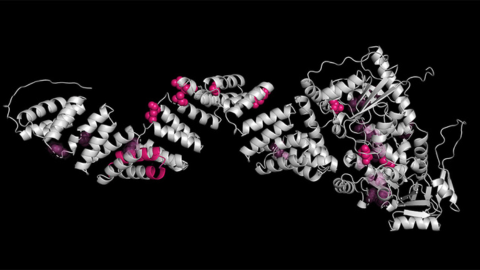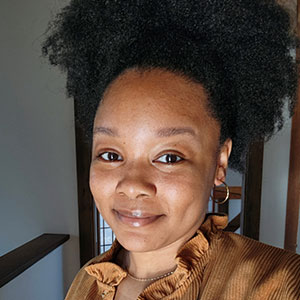Careers in industry: A year in review
This year, I learned a lot about careers in industry. I shared advice on choosing between an industry postdoc, internship or fellowship. I spoke with scientists who do research in start-up biotech and established molecular biology companies. I also collected lists of open internships in science journalism and pharma companies.
As we approach the end of 2024, I wanted to share some of the research and advice I found most impactful from this year’s articles and a look forward into the industry careers column in 2025.
You are not alone
Early in the year, everyone is looking for a new start. You might be making a resolution to exercise more or spend time with family, and biotech companies are creating new projects and budgets. Often, this translates to increased hiring just after the holidays.
Scientists who want to work in industry have many potential entry points based on their level of experience. Full-time positions, fellowships and internships are three options for entry into pharmaceutical or biotech careers. Many media organizations also offer internships and fellowships for scientists who want to pursue journalism and science communication.
Not sure where to start? ASBMB offers on-demand webinars covering subjects such as career paths in industry, research funding for small businesses and creating partnerships between industry and academia. This holiday season, gift the early-career molecular biologist in your life a membership to ASBMB to give them access to these resources and more.
Startup or corporate?
I spoke with two scientists from different kinds of biotech businesses: a small startup seeded from academia and a more established genetics testing corporation.
Research in a startup setting requires an entrepreneurial mindset. Because startups are usually small and not well funded, a few employees will use their scientific and practical skills to run all parts of the lab, from purchasing and creating protocols to experimenting and documenting results. This gives scientists the opportunity to expand their expertise.
In contrast, research in a corporate setting develops team leadership skills. Researchers and non-science industry employees must work together to create a result that meets government specified safety requirements.
In both cases, researchers in industry careers have different goals than academics. While academic researchers mostly focus on pure discovery, industry researchers are working toward a profitable product or methodology. To ensure these goals are met, all employees participate in performance reviews to reflect on their past year of employment and set goals for the next.
Careers 2025
Looking forward to the new year, I will be sharing more personal insights and advice about looking for work in industry from ASBMB members who are at various stages of an industry career. I will also be writing about what it’s like to work in industry once you’ve got the job — salaries and raises, being promoted and maintaining work/life balance.
If you’re a scientist who has worked or is working in industry and you’re interested in sharing your experience with your fellow ASBMB members through an article in this column, please contact me.
And whether you’re a grad student considering a job in industry after graduation, an academic wondering about switching careers, or an interested scientist at some other stage, I hope you learned a lot from this column in 2024 and you’ll continue to read ASBMB Today next year.

Enjoy reading ASBMB Today?
Become a member to receive the print edition four times a year and the digital edition monthly.
Learn moreFeatured jobs
from the ASBMB career center
Get the latest from ASBMB Today
Enter your email address, and we’ll send you a weekly email with recent articles, interviews and more.
Latest in Careers
Careers highlights or most popular articles

Upcoming opportunities
Friendly reminder: May 12 is the early registration and oral abstract deadline for ASBMB's meeting on O-GlcNAcylation in health and disease.

Sketching, scribbling and scicomm
Graduate student Ari Paiz describes how her love of science and art blend to make her an effective science communicator.

Embrace your neurodivergence and flourish in college
This guide offers practical advice on setting yourself up for success — learn how to leverage campus resources, work with professors and embrace your strengths.

Upcoming opportunities
Apply for the ASBMB Interactive Mentoring Activities for Grantsmanship Enhancement grant writing workshop by April 15.

Quieting the static: Building inclusive STEM classrooms
Christin Monroe, an assistant professor of chemistry at Landmark College, offers practical tips to help educators make their classrooms more accessible to neurodivergent scientists.

Unraveling oncogenesis: What makes cancer tick?
Learn about the ASBMB 2025 symposium on oncogenic hubs: chromatin regulatory and transcriptional complexes in cancer.

